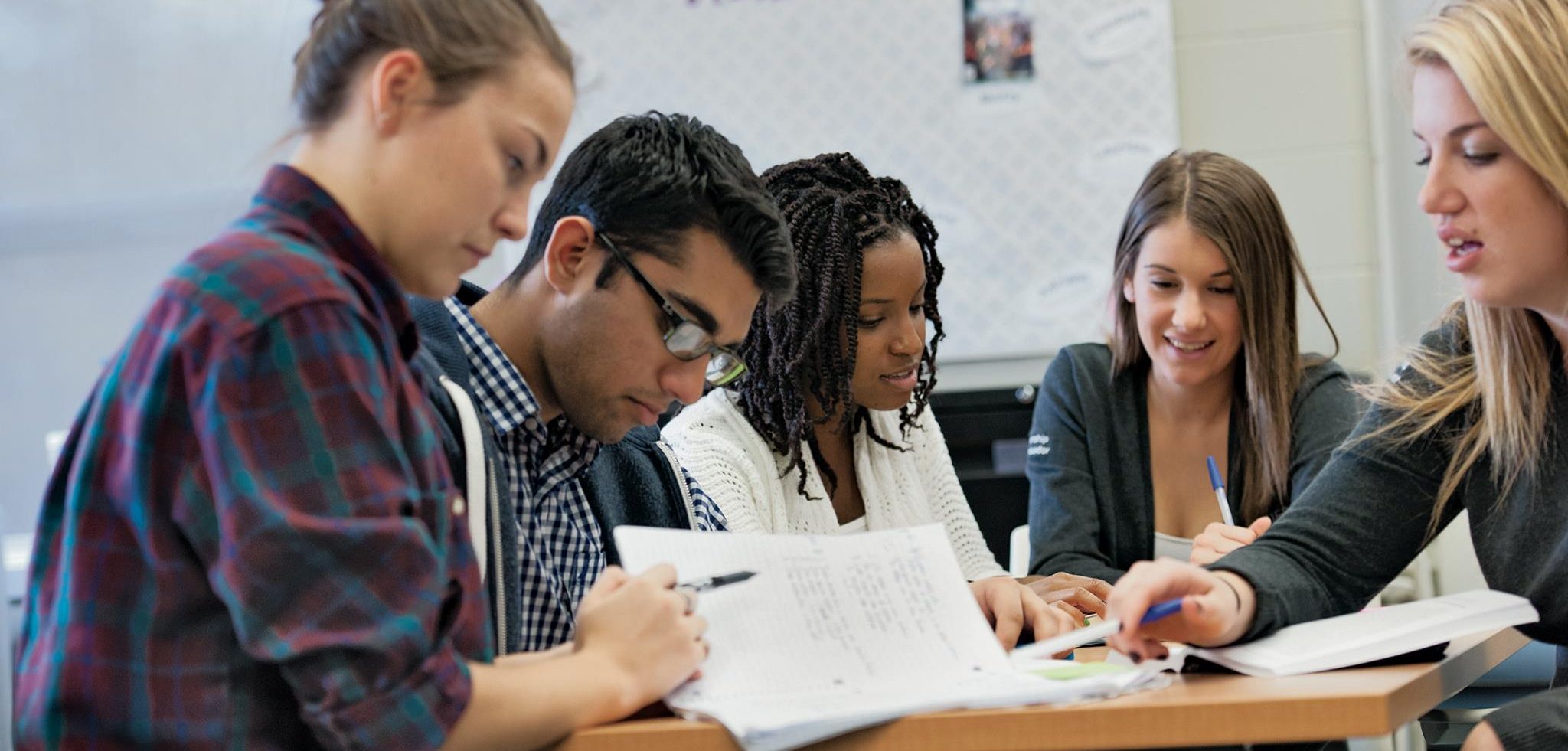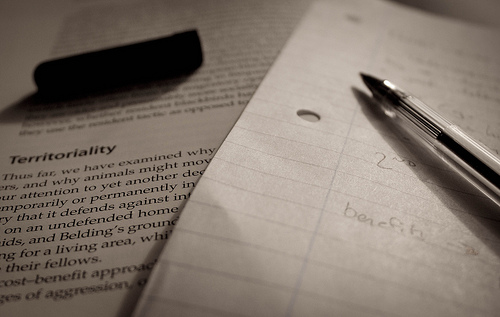
In our educational career, we have always been taught “two heads are better than one”. This idea remains true only if we are able to avoid the awful groupthink!
For those of you who are unaware of groupthink, the Merriam-Webster Dictionary defines this phenomenon as “a pattern of thought characterized by self-deception, forced manufacture of consent, and conformity to group values and ethics.” Simply, it is when everyone accepts an idea without analyzing it. This is often out of laziness.
Disclaimer: At certain and rare points (i.e. when you are doing the assignment the night before it is due) groupthink is an okay strategy.
Imagine the situation: You and your group have just sat down to brainstorm the topic of your paper. You suggest the first thing that comes to your mind. Everyone suddenly thinks that this is a great idea and you run with the idea. At no point did you consider any problems with that topic or alternative ideas. As you finish your assignment, you discover a key flaw! Now it is the night before and you have to redo the entire assignment all because no one questioned what you suggested! This is the problem of groupthink.
So How can we Avoid Groupthink?
Here are 4 simple ways to ensure you and your group are able to have a productive group work experience:
- Mix things up!
While you may not always be able to choose your group, selecting people who have different skills and perspectives will allow you to address the issue on various levels. Try to diversify your group with dedicated individuals and wait to see how much you learn from each other throughout the project!
2. Make it a safe place
Dominic Packer determined through a psychological study that individuals will not contribute if they feel threatened (2009). Set some ground rules to ensure that you and your group are creating an environment where people are willing to speak up and question each other’s ideas. Ensure that every group member knows that no perspective, question, or suggestion is a dumb or a wrong idea.
3. Have a Devil’s advocate
Devil’s advocate is a role where one/multiple individuals will look for the potential problems in an idea or suggestion. It is important that everyone understands that the devil’s advocate is making constructive comments to help further the group, not attacking an individual’s idea. This will ensure the idea is examined from various views and approaches
4. Provide yourself with time
In order to successfully avoid groupthink, your group needs time to examine the issue from various sides and opinions. If you attempt this approach in a rush, your group will likely become frustrated and annoyed. Just like a cake needs time to bake to become delicious, your ideas need time to be pondered before they become delicious too!
I hope with these tips your group work will be effective and inspiring!
Marshal
Senior Facilitated Study Group Leader
Packer, D. (2009, May). Avoiding groupthink. Psychological Science,20 (5), 546-548. Retrieved from Sage Journals.


